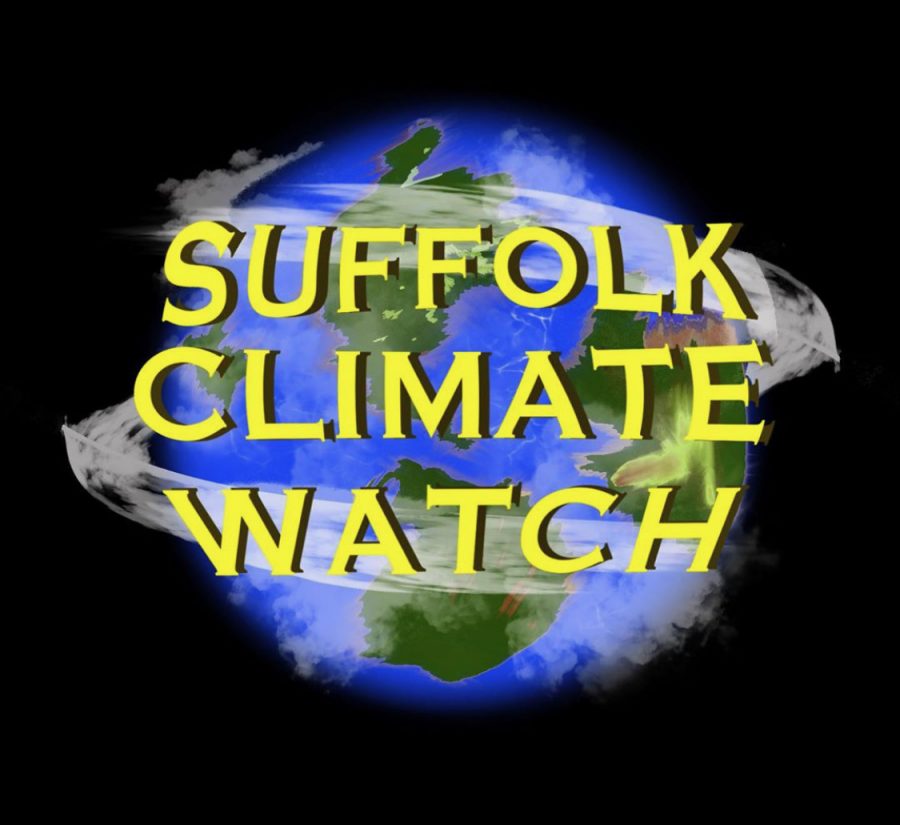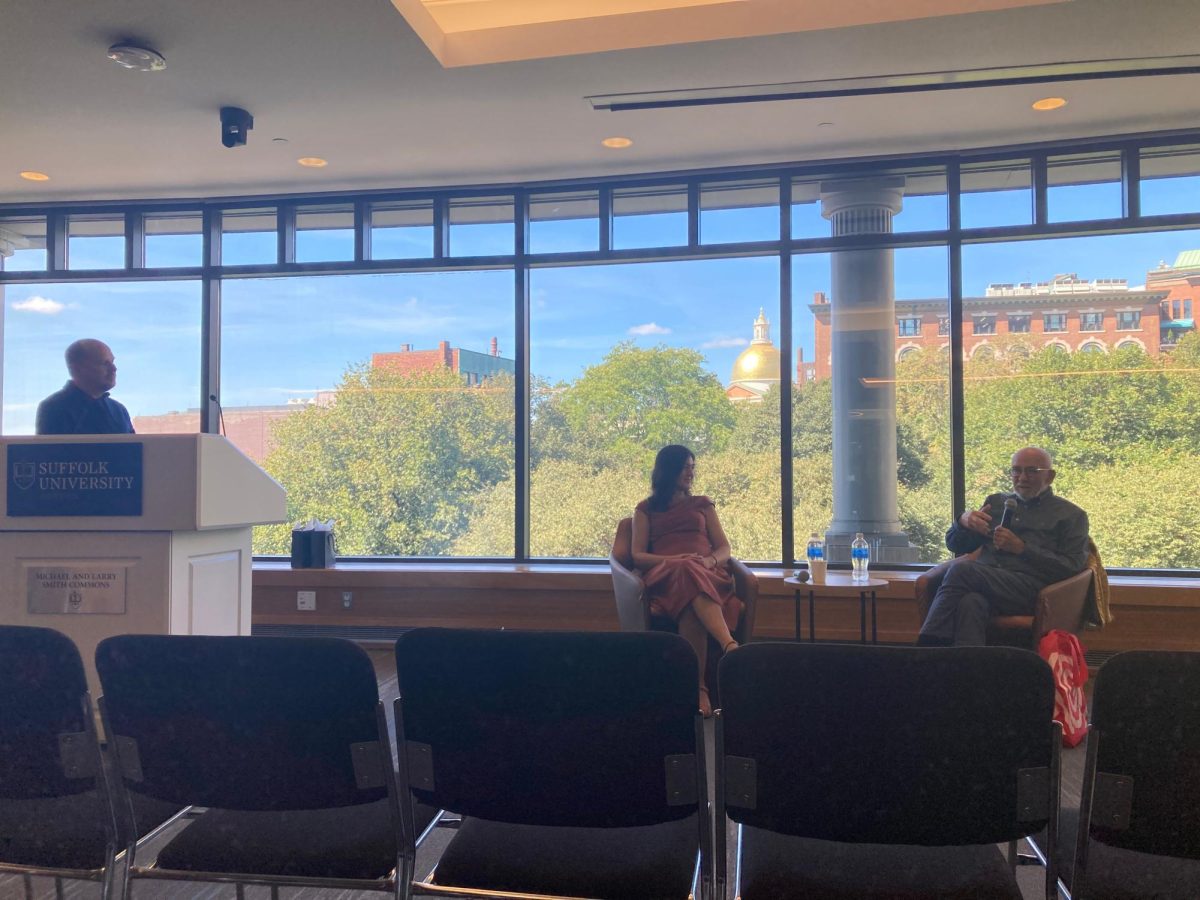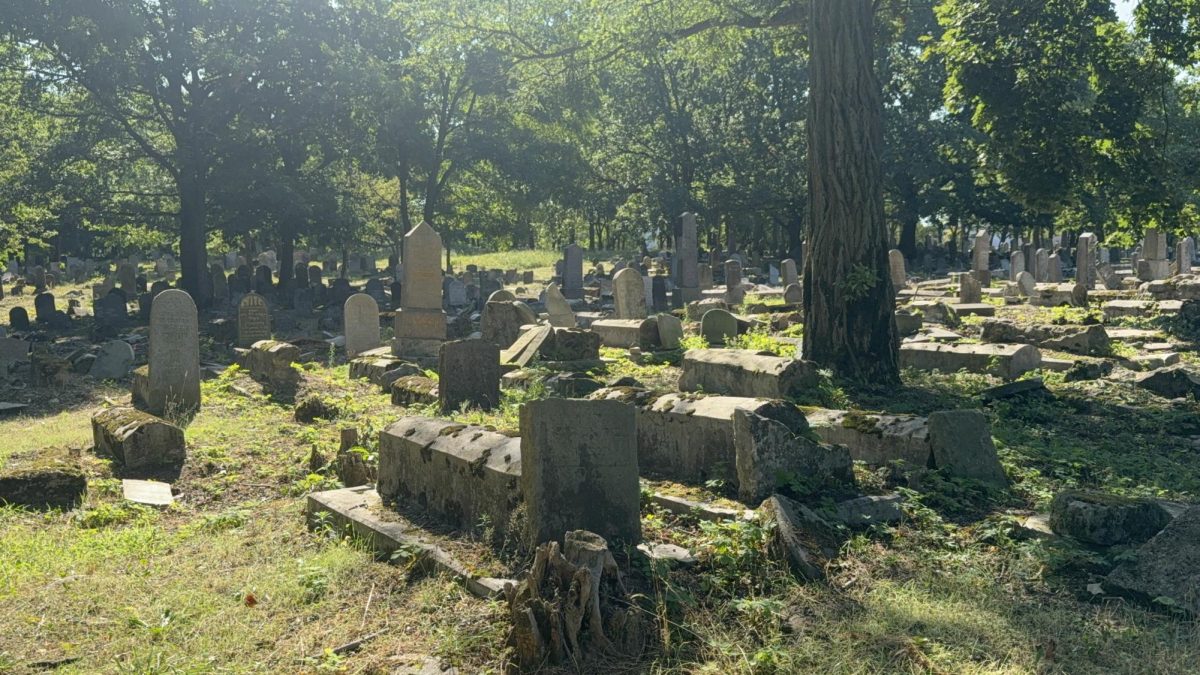The fires in the Amazon Rainforest have been burning for nearly 2 months now. In addition to the catastrophic damages these fires are inflicting on our environment, they are also having detrimental repercussions on those that live both in and around the rainforest.
Fires take place in the Amazon every summer, due to the dry season, but the number of fires in the forest have been growing every year for nearly a decade now – largely due to climate change and poor agricultural practices.
Those poor agricultural practices include industrial farming, agriculture and cattle grazing. Seeing as the Amazon is such an important environmental resource because it is responsible for creating a notable amount of life and oxygen on the planet, some think the entire forest should be protected from industrial farming under international law.
However, the forest spreads across nine separate countries, with the majority of the forest and fires located in Brazil. On a political level, there has been major dispute among world leaders over who should really have control over such an important area of land.
Current President of Brazil, Jair Bolsonaro, has been cutting back on rules and regulations against deforestation in the Amazon, according to The Washington Post. Bolsonaro views the Amazon as more of an important economic resource rather than an environmental one.
As the Amazon burns, a massive portion of our planet’s biodiversity is being destroyed.
As the fires in the Amazon grow larger everyday, the smoke being released into the atmosphere has significantly contributed to global carbon emissions. Vast amounts of smoke have been causing a notable spike in breathing problems in neighboring villages.
Over 47,000 people were admitted in the region of Acre during the first eight months of the year. Public health officials have noted that this environmental challenge is becoming a dangerous public health issue, according to The Washington Post
If politics continue to stand in the way of even an attempt at a solution, it could have detrimental consequences for humanity and the environment as we know it.










